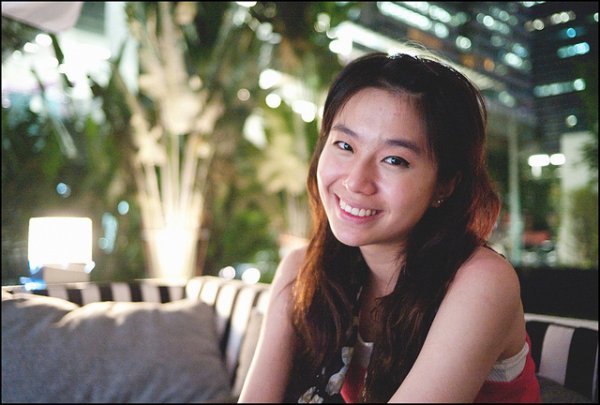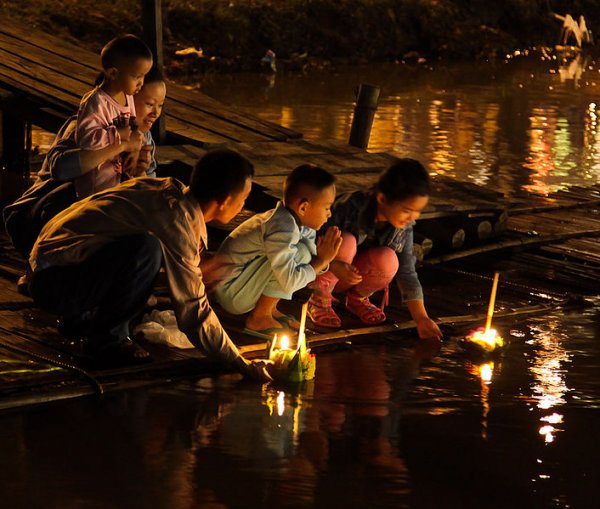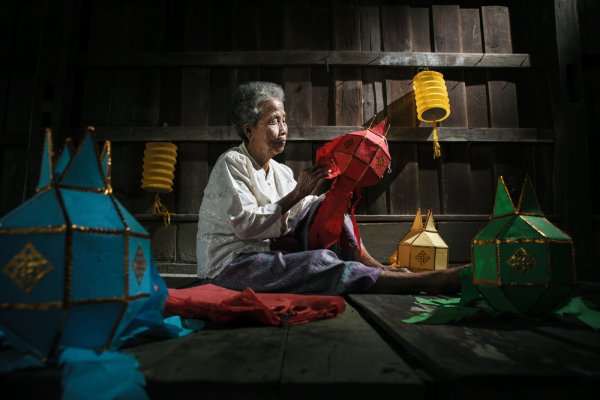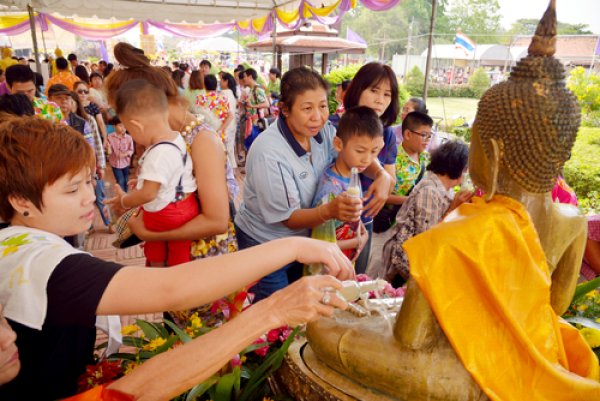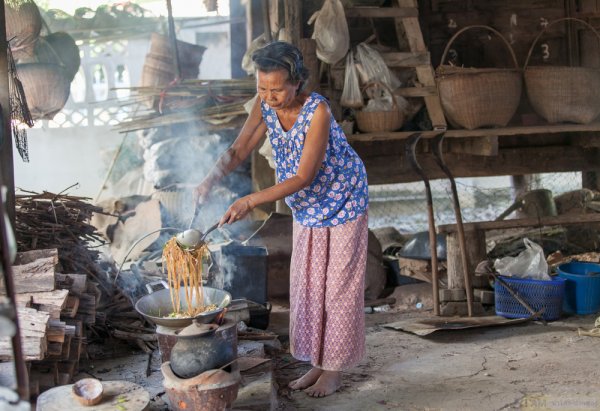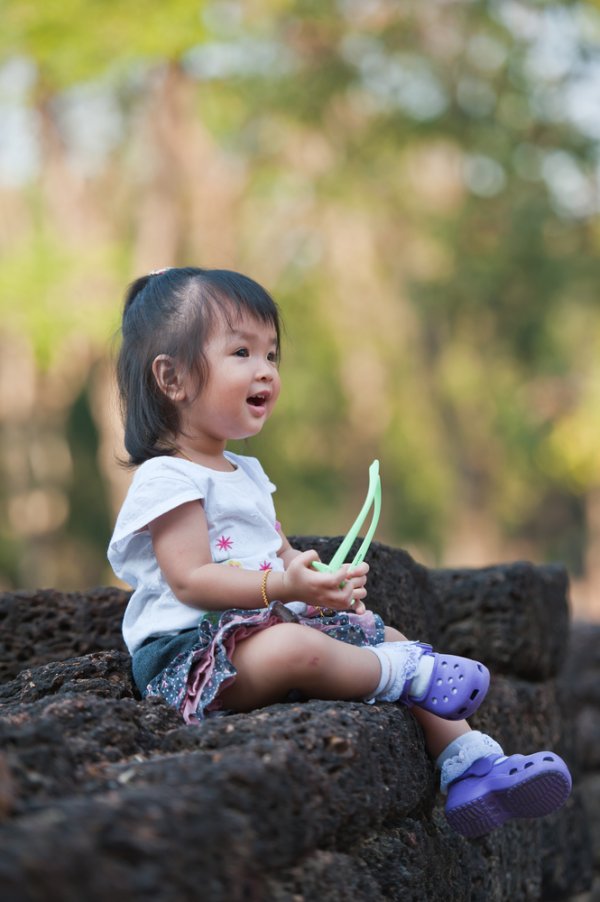Culture and Society: Women in Culture
General
The traditional Thai adage, “Women are the elephant’s hind legs,” illustrates women’s important role but secondary status in Thai society. Thai women actively participate in the country’s increasingly industrialized and diversified work force. In exchange for their contributions to the success of the Thai economy, Thai women have gained more access to higher education, health services, and employment. However, they still have a long way to go before achieving a substantive degree of equality with men.
Women have some representation in the lower levels of government, holding about 15 percent of parliamentary seats.
Women also face obstacles in the professions. Thai medical colleges have limited the seats for women to 50 percent, which will do little to change the national ratio of one female doctor for every three male doctors. In the legal profession, women comprise only about 20 percent of the judges and 10 percent of the attorneys. Women have found more success in business, especially in trade and marketing.
Women in the lower echelons of society do not enjoy the same opportunities and privileges as the women of the upper strata. Rural women are more likely to suffer from poverty, low levels of education, sexual abuse, and domestic violence than urban women. Many women in the sex industry are from rural backgrounds. In particular, women of the hill tribes that have not been formally recognized by the government suffer from exploitation and abuse.
There are no dress code restrictions for Thai women, who generally dress in modern European-style clothing.
Legal Rights
The constitution of 1997 guarantees women equal rights and protects them against all discrimination, particularly in politics, but traditional prejudices and family responsibilities restrain many of them from public life. Thai women got the right to vote in 1933.
Women also have the right to inherit equally from their parents. According to widespread practice, the youngest daughter usually takes care of the parents in their old age and inherits the family home.
Domestic violence and sexual harassment are still prevalent and not adequately addressed in Thai law. The law prohibits abortion except when it endangers the life of the mother or when the pregnancy is caused by rape.
Although Thai women can initiate divorces, they have to show sufficient grounds such as desertion or domestic violence. Upon divorce, usually women receive the custody of children.
Education
Thai women have equal access to education. The government has made nine years of schooling mandatory. Women constitute more than half of the total enrollments in universities, surpassing men in higher education enrollment. The government now offers scholarships for girls in rural areas to decrease the number of dropouts.
Boys and girls share the same classroom space in co-educational institutions. The literacy rate for women is 91 percent, compared to 94 percent for men.
Many women with higher education still gravitate towards traditionally “feminine” jobs.
Dating, Marriage, and Family
In Thailand, parents usually arrange marriages with the approval of the couples. Girls and boys start dating in their teens. Women meet men at workplaces, entertainment spots, and social settings.
The legal age for marriage for women is 17 years, and Thai women get married at an average age of 25. Polygamy does not have legal sanction in Thailand; however, wealthy Thai men may keep a “minor wife.” A Thai woman is legally obligated to take her husband's name when she marries, and to use the title "nang" (equivalent to "Mrs.").
Although husbands are the heads of the households, wives have a significant influence over family matters. Women have rights to own assets separate from their husbands, but legal documentation requires the permission of both the spouses.
The aggrieved party in a divorce case can claim maintenance from the other spouse. Most Thais prefer to settle child custody, property settlements, and alimony payments through arbitration. In most cases, the court awards the custody of children to the mother.
Health
Thai women have equal access to healthcare services. Thailand‘s healthcare services include both private and public institutions, and the hospitals (especially in urban areas) are well equipped with staff and modern facilities.
Each district has a public hospital that gives high priority to maternity and infant care. The infant mortality rate is about 13 deaths per 1,000 live births, and the maternal mortality rate is 37 deaths per 100,000 live births. Both public and private sectors grant women paid maternity leave for 60 to 90 days.
Since Thai society gave women the right to make their own healthcare decisions, the fertility rate has fallen from six children per woman in the mid-20th century to two in the early 21st century.
According to surveys, most adult women use contraceptives. While government has tried to increase contraceptive use among men, the burden of using contraception falls mostly on women.
Statistical sources include:
Inter-Parliamentary Union, Women in National Parliaments
Organisation for Economic Co-operation and Development, Social Institutions & Gender Index
US Central Intelligence Agency, World Factbook
World Bank, Databank
Copyright © 1993—2025 World Trade Press. All rights reserved.

 Thailand
Thailand 